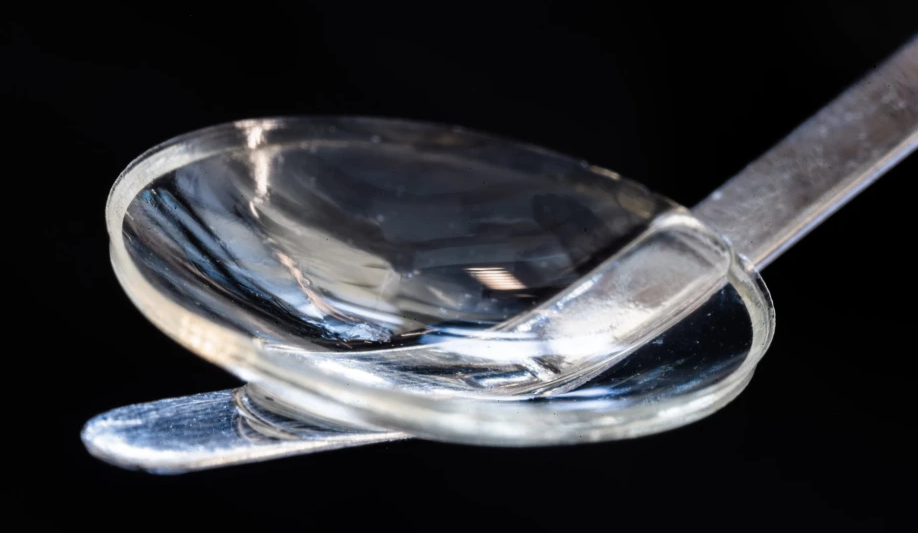Sleep Shortages Spell Trouble for Your Heart’s Health, Study Unveils
Most people do not manage to secure an adequate amount of sleep. As per the Centers for Disease Control and Prevention (CDC), one out of every three adults in the United States consistently falls short of the recommended sleep duration, which is less than 7 hours per night.
But here’s the eye-opener!
A consistent, even minor shortage of sleep can crank up the risk of heart disease down the road. Numerous surveys involving thousands of participants have shown that individuals with persistent, mild sleep deficiencies are at a higher risk of developing heart disease later in life than those who get enough sleep.
A recent research study conducted by Columbia University has shed light on what happens inside the body due to insufficient sleep.
Sleep Deprivation’s Impact on Blood Vessel Cells
The study found that with a mere six weeks of reduced sleep, the cells lining your blood vessels become burdened with detrimental oxidants.
What sets these sleep-deprived cells apart from their well-rested counterparts is their inability to trigger antioxidant defenses effectively, leaving them unable to counteract the presence of harmful molecules. Resulting in swollen and dysfunctional cells, this represents an initial stage in the progression toward cardiovascular disease.
Sleep Study: Monitoring Sleep Patterns
The study involved screening almost 1,000 women in Washington Heights. It selected 35 healthy women who typically get seven to eight hours of sleep per night to participate in the 12-week research. These participants maintained their usual sleep patterns for the first six weeks but went to bed 1.5 hours later than usual for the subsequent six weeks, with sleep tracked using wrist-worn devices.
Restricting sleep hindered the clearance of endothelial oxidative stress that over time increases cardiovascular risk.







